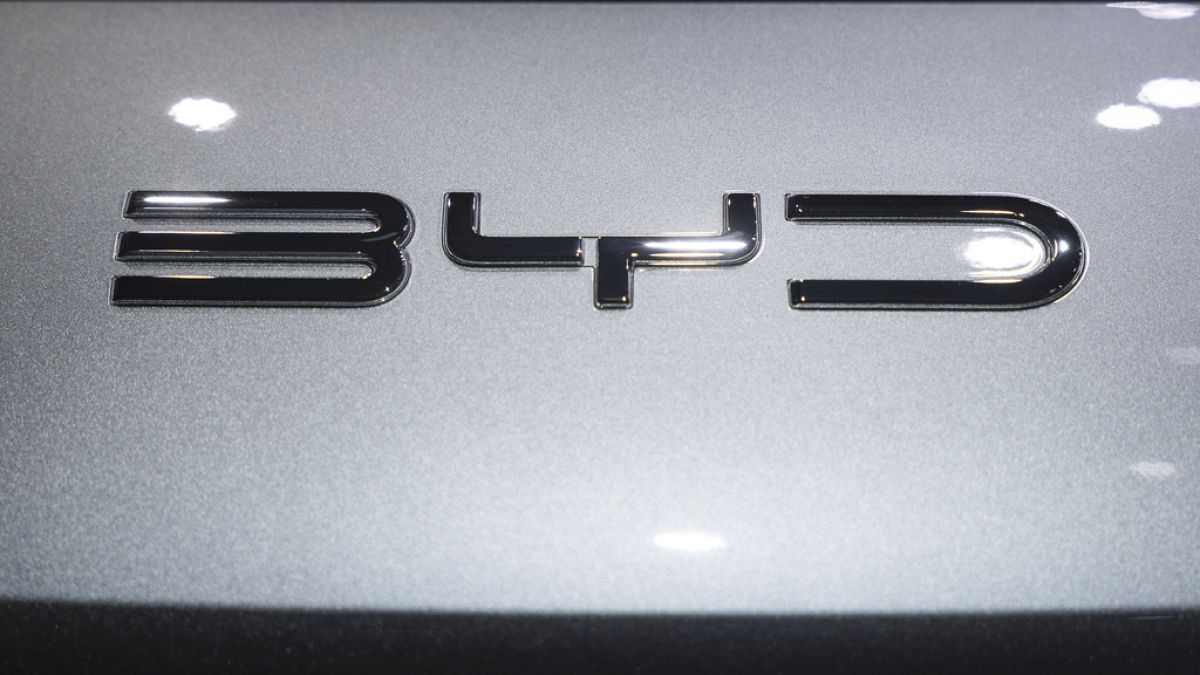10/06/2024 – 15:36 GMT+2
EU countries are offering incentives such as tax breaks, an easing of regulations in designated zones and support for battery factories to Chinese EV makers.
A number of European countries including Hungary, Poland, Italy and Spain are looking to entice Chinese electric vehicle (EV) manufacturers to set up factories in their countries. Even though the EU Commission is wary of the influx of cheaper Chinese EVs in the European car making market, individual countries are still offering a range of grants and subsidies for Chinese factories.
Individual states see the gains that can be made in the jobs market with the setting up of such factories and thereby providing local economic boosts.
Chinese EV manufacturers such as Chery Automobile, BYD and SAIC Motor are reportedly eager to have a second base in Europe and are likely to be tempted by whichever subsidy works best for them.
Chinese EV makers looking to open new factories in Europe would gain from benefits such as tax breaks, money for jobs creation, less regulation in designated zones and support for the setting up of battery factories to further simplify the EV supply chain. Shipping costs from China to Europe would be cheaper too.
Given how heavily Chinese EV makers are investing in the European automobile market and planning to expand, European factories could be a very useful base and launchpad from which to explore new regional markets.
Gianluca Di Loreta, partner at Bain and Company was reported as saying by Reuters: “Chinese automakers know their cars must be perceived as European if they want to bear interest among European customers. This means producing in Europe.”
Why are Chinese EVs so popular in Europe?
Chinese EVs are becoming increasingly popular in Europe because they are cheaper than their European counterparts. They have have a good range of extras which come as standard. These include free charging for one or two years, dash cameras, and an extra set of winter tyres, as well as other offerings.
Despite their lower price, Chinese EVs remain focused on design and features and have recently improved their safety regulations.
The growing appeal of Chinese EVs has led to the EU mulling over increased tariffs and sanctions on Chinese EVs, to control the flow of imports. The current European auto import tariffs are about 10%. In the US, they are about 27.5%.
If it happens, the extent to which such a move will be effective is unclear, as Chinese EV makers already operate with a wide profit margin.
The Rhodium Group, an independent research provider specialising in China was reported by the Guardian as saying: “Some China-based producers will still be able to generate comfortable profit margins on the cars they export to Europe because of the substantial cost advantages they enjoy.
“Duties in the 40%-50% range -arguably even higher for vertically integrated manufacturers like BYD – would probably be necessary to make the European market unattractive for Chinese EV exporters.”
Furthermore, although raising tariffs is being considered in order to ultimately help European car makers, some countries such as Germany have already cautioned against it, warning of the high possibility of retaliation from China, as well as the overall impact it would have on domestic car markets.
German Chancellor Olaf Scholz recently said at a Stellantis event, as reported by Automotive News Europe: “Isolation and illegal customs barriers – that ultimately just makes everything more expensive, and everyone poorer. We do not close our markets to foreign companies, because we do not want that for our companies either.
“Doubting progress, delaying renewal and transformation – that would have bitter consequences. If we do that, others will overtake us.”














